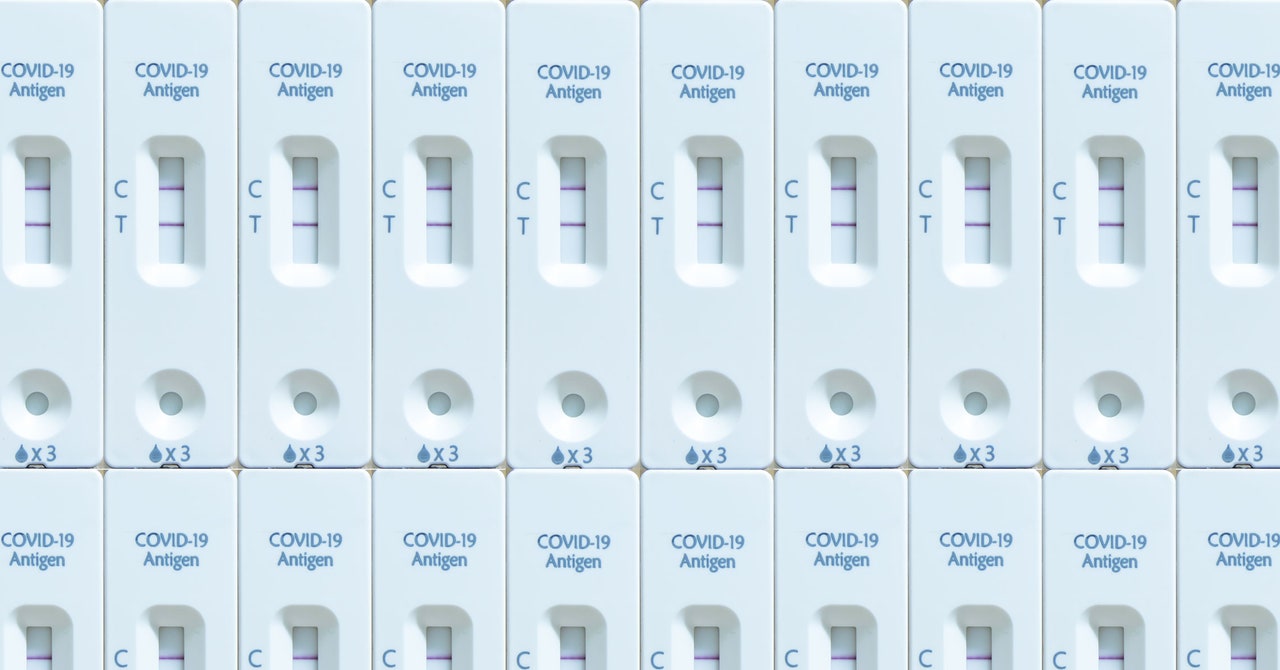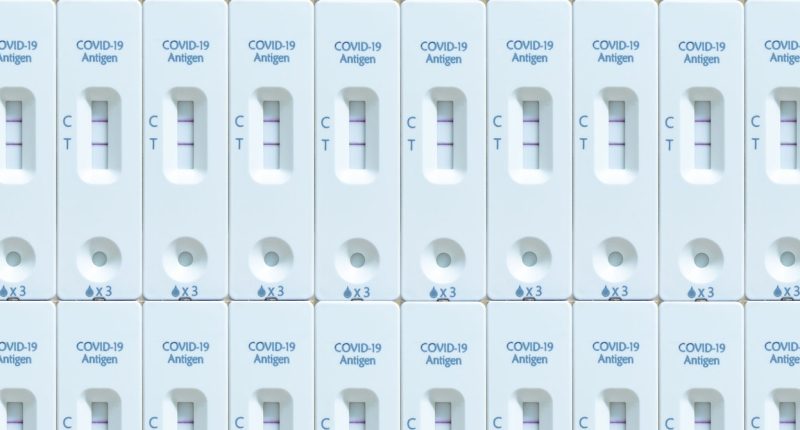

Since 2021, all dominant Covid variants have descended from Omicron. The 2023–2024 booster was tailored for the XBB.1.5 strain of Omicron, but JN.1 is about as different from XBB.1.5 as Omicron was from Delta. Even so, researchers from China and the US have posted preliminary analyses suggesting that the newest vaccines still effectively defend against JN.1.
That is, if people keep up with their vaccinations—and most haven’t. Over 80 percent of people in the US have not yet received the updated 2023–2024 booster shot, the CDC reported last week. For young, otherwise healthy people, the risk of getting seriously sick is very low. In the absence of widespread public health messaging or up-to-date vaccine requirements, most low-risk Americans ignored the latest booster rollout. In the UK, people with lower risk levels aren’t eligible for the winter 2023 vaccine at all (and the window for eligible folks to get their jab closes at the end of January).
The problem, Topol says, “is that young, healthy people interact with at-risk people, and they don’t have enough respect for that.” Cameron Wolfe, professor of infectious disease at Duke University, says that staying up-to-date on vaccinations is the best way to protect your community, regardless of personal risk level. “If you’re 75 and have a kidney transplant, or your spouse is going through chemotherapy, that little extra piece of boosted Covid immunity makes all the difference.”
The 2023–2024 booster is not as miraculous as the first 2021 vaccines, but it’s still about as good as we generally expect flu shots to be. While it doesn’t perfectly defend against infection (and protection doesn’t seem to extend much beyond 6 months), a recent meta-analysis found promising evidence that the shot may cut the risk of contracting long Covid by about 70 percent. “I’ll take going from a serious lower respiratory pneumonia-like infection to a mild snotty nose,” Wolfe says. “That’s a victory for the vaccine.”
Trudging into the fourth year of the pandemic, we should know the drill: Check out your own individual levels of protection and exposure, be mindful of your community, and act accordingly. “I think we’ve got a good few weeks left. It’ll be a busy January,” says Wolfe. If you have a big wedding or vacation coming up—anything you don’t want to be sick for—he strongly suggests planning your vaccinations, masking, and testing beforehand. “At least get the vaccines. At the very least, have a strong immunity to the worst respiratory illnesses,” Cameron says.
Extra precaution certainly doesn’t hurt (and for high-risk folks, it remains crucial), but so far, JN.1 doesn’t appear to be causing more severe outcomes than previous variants. “We’re in a better place than we were four years ago, on both an individual and a societal level,” says Wolfe. “We’ve sort of forgotten about how socially immobile we had become.”
Now, he says, Covid severity has settled down to a level that is, for many people, broadly comparable to RSV and the flu. “It’s just extraordinarily different than what we faced a couple of years ago,” Wolfe says. “And that is a win.”









